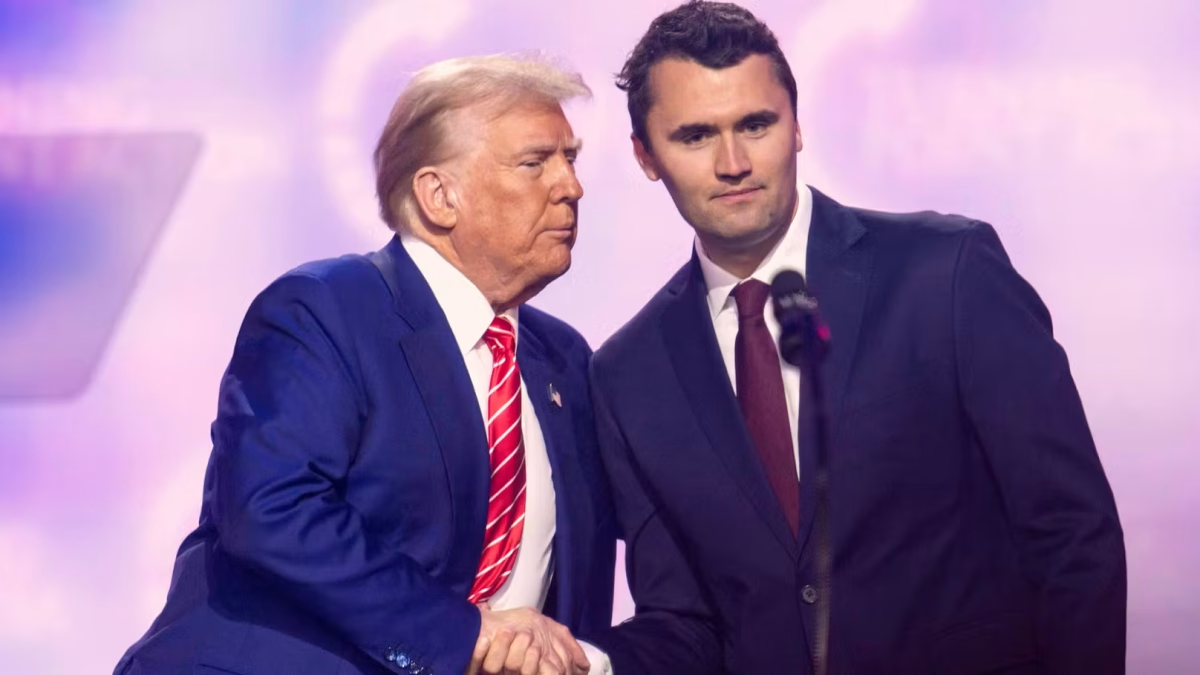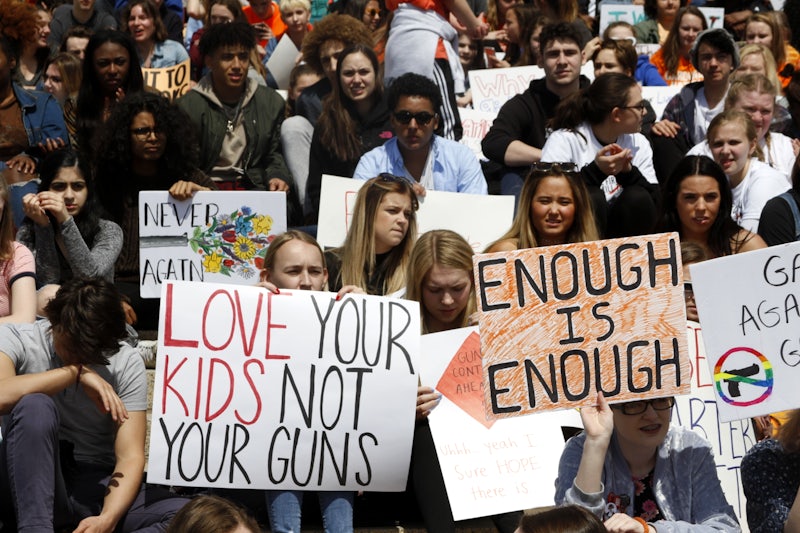After winning the 2025 election by a margin that surprised many, Donald Trump became the second U.S. president to serve two non-consecutive terms, with his second containing what appears to be a drastically different agenda from his first. In a rally during his campaign, he stated that he would be a dictator, “but only on day one,” a message that he never came close to conveying during his first term.
Trump did hold true to his promise for his first day, pardoning all January 6th rioters, beginning action against birthright citizenship, and forcing all federal programs to end all diversity equity and inclusion (DEI) programs. He also took action against the decisions of the previous administration, pausing renewable energy projects and rescinding 78 of Former President Joe Biden’s executive orders.. This was a substantial departure from his first term, in which the only things of substance that he did on the first day were repealing Obamacare and a Federal Housing Association mortgage cut.
Trump’s actions on the first day were certainly drastic, but the question remained: Would he continue his slew of aggressive orders beyond day one or keep his promise?
By the end of his first month as the incumbent, Trump had issued 90 executive orders and directives, and by March 7th, had over 100 lawsuits over his blatant disregard of executive authority, immigration policies, and mass layoffs, plus budget cuts within the federal government. Along with these, Trump appointed Elon Musk to an extremely high-ranking position in his cabinet due to the significant role that Musk played in his election campaign. This made many fear for their privacy, as Musk’s Department of Government Efficiency reportedly raided many other government agencies and gained access to databases with Americans’ names, social security numbers, financial records, and medical diagnoses, and numerous other pieces of private information.
Another controversial change that Trump brings with his administration is his foreign policy. In a meeting with Ukrainian President Volodymyr Zelenskyy, Trump repeatedly berated one of the United States’ closest allies, falsely stating that Ukraine initiated the war, and also telling Zelenskyy that he must be more thankful towards him for giving aid. Along with this, Trump has also imposed tariffs on Mexico and Canada, some of the US’s closest allies, and also expressed an imperialist desire to acquire both Canada and Greenland despite neither nation desiring American annexation.
Watching this unfold, many Americans in all corners have reacted viscerally to Trump’s new legislation and foreign policies, now two months into his presidency. According to 28 NYT trusted pollsters, Trump’s average approval rating in the second half of March was 46.5%, which pales in comparison to Joe Biden’s 51% approval rate in March 2021 and Barack Obama’s 61% approval rate in March 2009. These numbers ultimately reflect a somewhat common sentiment all throughout the nation: Many Americans are reporting that they regret their votes for Trump, with the leading causes of these regrets being a lack of understanding of his agenda during the voting season. Numerous federal workers who voted for Trump suddenly found themselves fired, and many people benefiting from the programs that he cut funding for also quickly began to question their votes. There are even protests and reactions within both state governments and the federal government. New Jersey Senator Cory Booker delivered a 25 hour speech–the longest in US senate history–in protest of Donald Trump’s New Administration, and the New York City Council has even revealed a “Trump-Proofing” plan for the city, further reflecting the negative impacts that his legislature is having on the nation. People throughout the nation are seeing these things happen and find their opinions formed by both the president’s seemingly unforeseen actions and the subsequent reactions of others in power.
While there were protests during Trump’s first presidency, having protests of this scale this early on in any US presidency is unheard of; the analysis of both Trump’s legislation and the public reaction to it points towards a straightforward fact: Donald Trump’s second term will differ significantly from his first.







![[Protest Tbilisi April 2024] by [Jelger Groeneveld] is licensed under [CC BY 2.0].](https://flhsprospect.com/wp-content/uploads/2025/01/Screenshot-2025-01-29-151213-1-1200x897.png)
